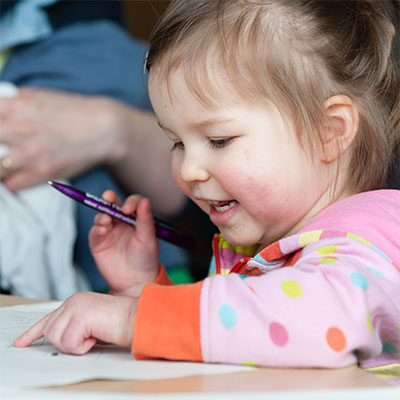
© Crown copyright
When you observe good coping behaviour (where they challenge themselves in situations they have been anxious in the past) give lots of praise.
- Praise your child for handling stressful situations appropriately.
- Say exactly what you are giving the praise for.
- Give the praise right away after the good coping behaviour.
- Younger children may be helped by using sticker charts as a visual reward when they have done well. with coping for example taking their medication.
- Avoid false praise “that’s great, but it would be better if you…”
- Never take a reward away once it has been earned.
- Don’t confuse other types of inappropriate behaviour with your child’s anxiety. Children need to know that there are consequences for inappropriate behaviour that they can control.
- Make sure other people who are involved in care of your child such as grandparents or child minders also know the methods you are using so your child will get consistent messages about behaviour.
- Try not to show your own frustration if your child isn’t cooperating with a medical procedure or is misbehaving at an appointment. This could be a sign they are anxious or not coping. Discuss with the healthcare team.
You have reached the end of this topic on How parents can help an anxious child. What do you want to do next?





